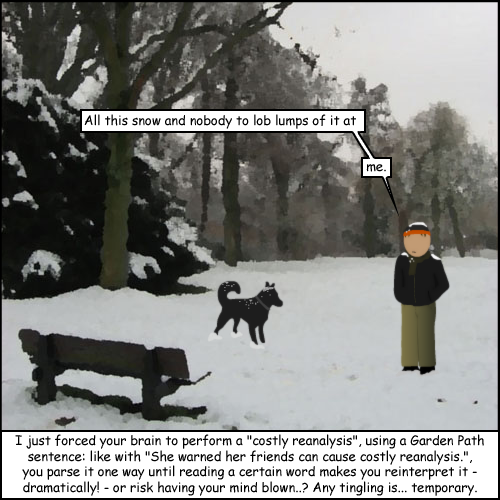 According to Dave Itzkoff, "Abandon All Poetry, but Enter Hell With Attitude", NYT 1/29/2010:
According to Dave Itzkoff, "Abandon All Poetry, but Enter Hell With Attitude", NYT 1/29/2010:
There’s a new edition of Dante’s "Inferno" that’s recently begun appearing in bookstores. Same words. Different cover. It’s got a big picture of a muscular fellow in a spiky crown and an overline that says, "The literary classic that inspired the epic video game."
It’s true. "Inferno" is now a video game, with a brawny, armor-clad Dante as its protagonist.
The guys at Electronic Arts' Visceral Games studio found it necessary to give Dante a little help:
"If you’re trying to make an action game, it’s thin," Jonathan Knight, the game’s executive producer, said of the original text. "It’s Dante, who’s kind of passive, and he’s a poet and he’s philosophical. We had to take the bold step of saying, ‘How do we make this guy an action hero?’" […]
"It’s a highbrow/lowbrow project by design," Mr. Knight said. "If you know the poem, the game has a lot to offer. If you just want to mash buttons and kill demons, that’s all it has to be for you."
Read the rest of this entry »
 According to Dave Itzkoff, "
According to Dave Itzkoff, "
